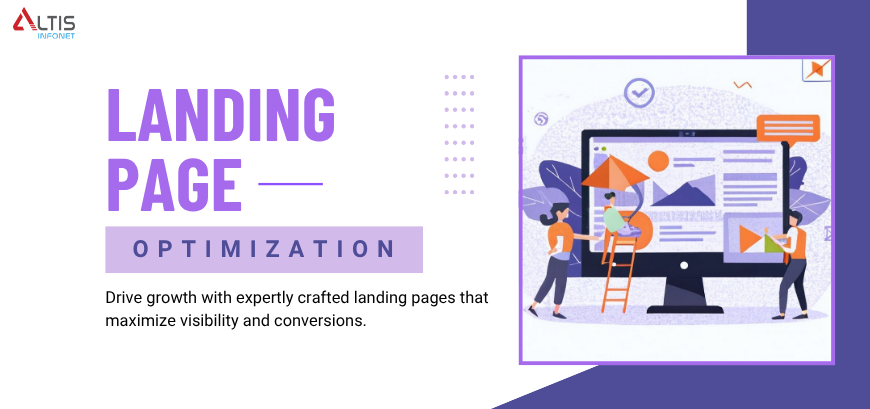Effective SEO starts with thorough keyword research. By identifying the phrases and terms people commonly search for online, you can tailor your content to boost visibility, attract organic traffic, and enhance your website’s performance. In this comprehensive guide, we’ll delve into the intricacies of keyword research, exploring essential tools and strategies to help you unlock your website’s full potential.
Why is Keyword Research Important?
- Targeted Traffic: By identifying relevant keywords, you can attract visitors who are genuinely interested in your products or services.
- Enhanced Search Engine Performance: Search engines such as Google analyze keywords to determine the relevance of your website’s content. Optimizing your site with targeted keywords can help boost your rankings and increase visibility.
- Enhanced User Experience: Keyword research helps you create content that addresses the specific needs and questions of your target audience.
- Competitive Analysis: By analyzing the keywords used by your competitors, you can identify opportunities to differentiate your content and gain a competitive edge.
Essential Keyword Research Tools
Several powerful tools can assist you in conducting effective keyword research:
- Google Keyword Planner:
- A free tool provided by Google Ads.
- Provides keyword suggestions, search volume, and competition data.
- Ideal for generating keyword ideas and estimating traffic potential.
- SEMrush:
- A comprehensive SEO tool suite.
- Offers advanced keyword research features, including keyword difficulty, SERP analysis, and competitor research.
- Provides valuable insights into the competitive landscape.
- Ahrefs:
- A popular SEO tool for backlink analysis and keyword research.
- Offers keyword suggestions, search volume, and SERP analysis.
- Helps you identify opportunities for link building and content optimization.
- Moz Keyword Explorer:
- A reliable tool for keyword research and SEO analysis.
- Provides keyword difficulty scores, SERP analysis, and suggestions for related keywords.
- Offers a user-friendly interface and accurate data.
- Google Search Console:
- A free tool provided by Google to help you monitor your website’s performance in search results.
- Provides valuable insights into the keywords people use to find your website.
- Helps you identify opportunities for improvement and track your progress over time.
Effective Keyword Research Strategies
- Seed Keyword Brainstorming:
- Begin with primary keywords that reflect your business or industry.
- Expand your list by exploring related terms derived from these initial keywords.
- Consider different keyword variations, such as synonyms, plurals, and phrases.
- Keyword Research Tools:
- Utilize the tools mentioned above to expand your keyword list and gain valuable insights.
- Pay attention to search volume, competition, and keyword relevance.
- Long-Tail Keywords:
- Long-tail keywords are highly specific and typically face less competition.
- They can help you target niche audiences and improve your chances of ranking for specific search queries.
- SERP Analysis:
- Examine the highest-ranking websites for your chosen keywords.
- Study their targeted keywords and evaluate the strategies they implement.
- Use this information to inform your own keyword strategy.
- User Intent:
- Determine the purpose behind the search query.
- Are users looking for information, products, or services?
- Customize your content to align with the user’s needs and expectations.
- Keyword Mapping:
- Structure your keywords in a well-organized hierarchy.
- Assign specific keywords to different pages of your website.
- Prioritize natural language usage and steer clear of keyword stuffing.
Keyword Optimization Tips
- Keyword Placement:
- Include your target keywords in your page titles, meta descriptions, header tags, and body content.
- Use keywords naturally and strategically, avoiding keyword stuffing.
- Keyword Density:
- Aim for a keyword density of 2-3% in your content.
- Over-optimization can harm your rankings.
- Image Optimization:
- Use descriptive file names and alt text for your images.
- Include relevant keywords in your image alt text.
- Internal Linking:
- Link to relevant pages on your website using anchor text that includes your target keywords.
- External Linking:
- Build high-quality backlinks from authoritative websites.
- Use relevant anchor text to boost your keyword rankings.
By following these strategies and utilizing the powerful tools available, you can effectively conduct keyword research and optimize your website for search engines. Remember, keyword research is an ongoing process. Continuously monitor your website’s performance and adjust your keyword strategy as needed.
Seeking an Outcome-Oriented Digital Marketing Firm?
Altis Infonet Pvt Ltd is a Web Development and Digital Marketing company with a focus on client servicing through knowledge-based solutions. Our team of experts will help make your digital dreams come true!





